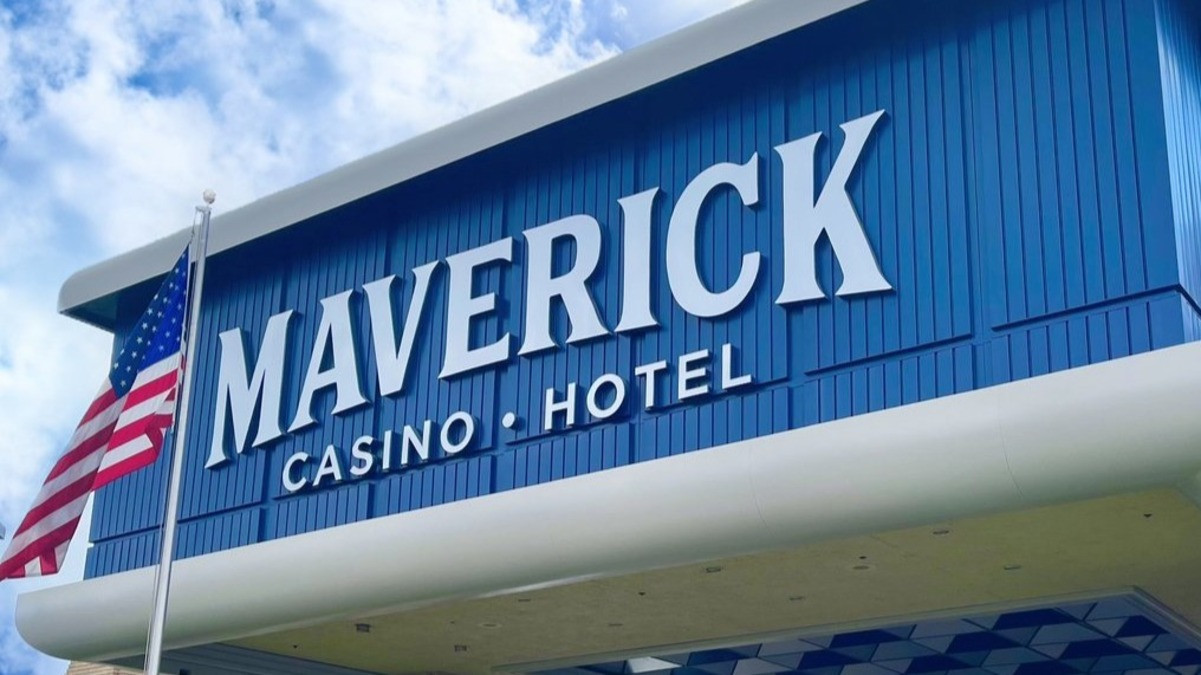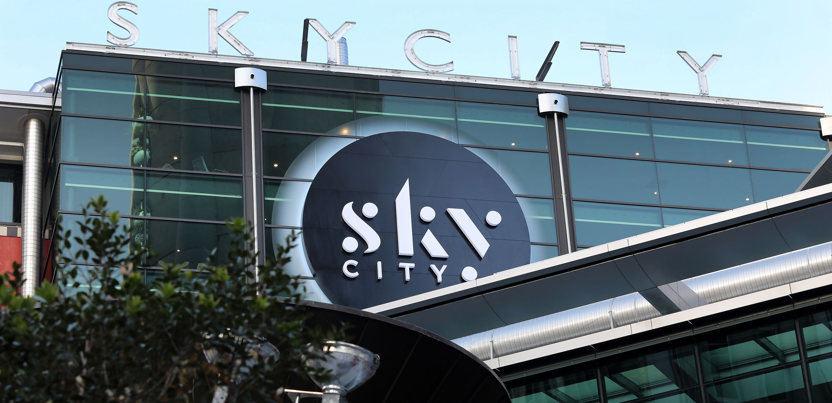Maverick Gaming, based in Washington State, filed for Chapter 11 Bankruptcy Protection in the US Bankruptcy Court for the Southern District of Texas on Monday. Publicly posted court documents revealed Maverick listed both its total liabilities and assets within the $100 million to $500 million range. This operator owns 17 card rooms in Washington State and also runs several casinos and hotels in Nevada and Colorado. Court papers show its operations include about 2,500 slot machines, 320 table games, 1,200 hotel rooms, and 30 restaurants. Maverick pursued a stream of acquisitions under CEO and co-founder Eric Persson, a strategy which received criticism from S&P Global Ratings for increasing company vulnerability.

Observers Had Anticipated Maverick’s Financial Crisis
S&P Global Ratings commented in a June 2024 statement, “We believe Maverick Gaming’s capital structure cannot be sustained, as fixed costs like interest, rent, maintenance capex, and lease payments are too large compared to expected near-term EBITDA. S&P Global Ratings added that Maverick likely will continue losing cash in 2024 even after lowering expenses, because high debt, floating rates, and interest costs persist with today’s interest rate levels and leave no space for operating errors or surprise difficulties.”
Management drew criticism for lacking an independent board and for Persson holding both majority owner and CEO positions, which S&P flagged as credit negatives. Concerns over Maverick’s poor liquidity arose, since this weak cash position limited investment in business assets and advertising. In the Washington cardroom landscape, Maverick dealt with a basic disadvantage, since tribal venues didn’t pay gaming tax and also had access to slot machines, sports betting, and higher table limits. A legislative update in 2023 increased non-tribal cardroom table limits in Washington from $300 to $400.

 Companies
Companies 





